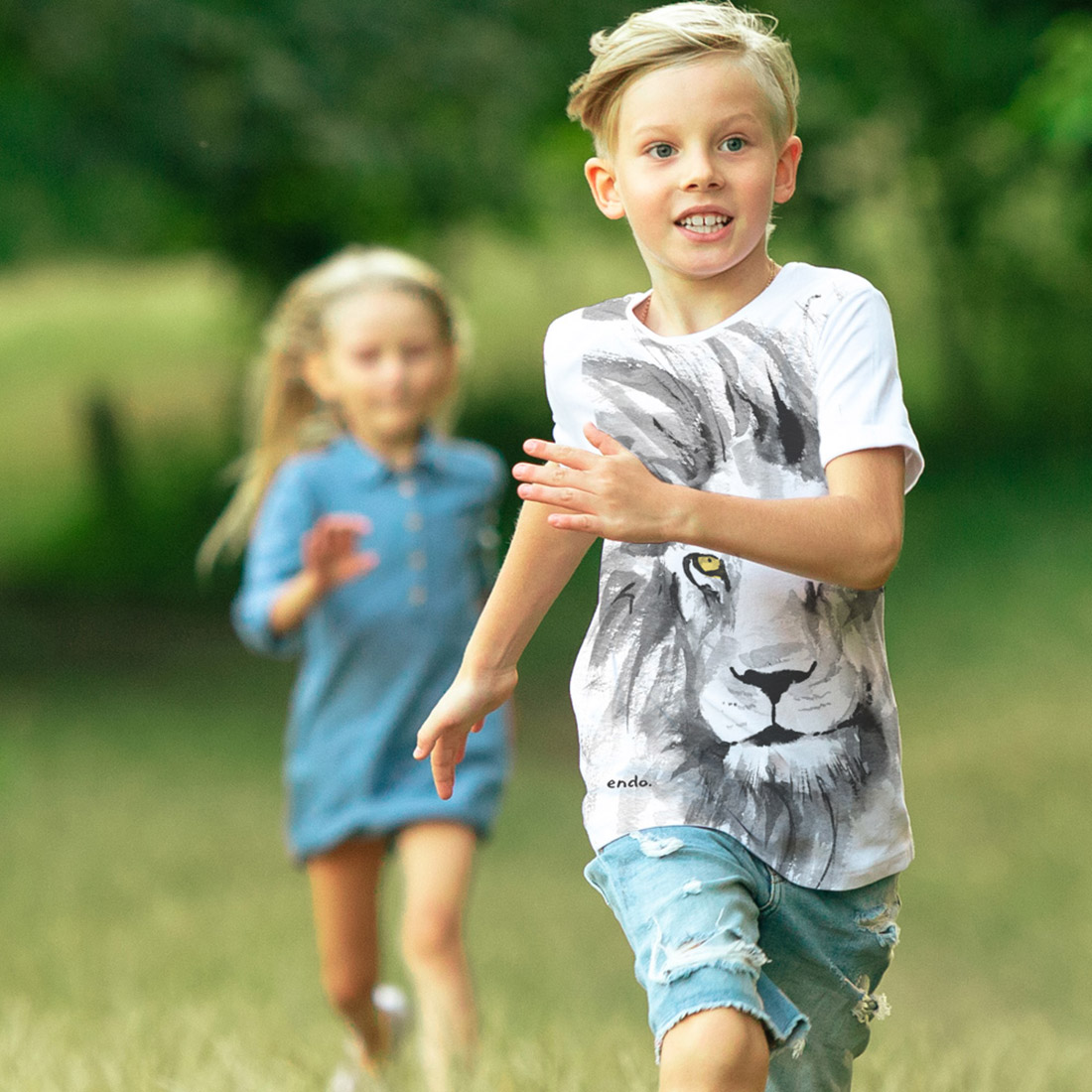
Regular physical activity in children is the foundation for healthy and harmonious development on many levels. Exercise not only helps maintain good health and build fitness, but also influences brain function and supports children's overall well-being and mental health.
Physical activity for children - the most important benefits
- Physical activity keeps your body fit and healthy, and can improve your emotional state by reducing symptoms of depression, anxiety, pain, and loneliness.
- Regular physical activity can also improve concentration, school performance, sleep quality and energy levels.
- Children who participate in regular physical activity enjoy better relationships with their peers and develop socially.

Physical health benefits
Regular physical activity helps develop children's basic motor skills, such as flexibility, speed, strength, endurance, coordination, and balance. Furthermore, regular physical activity promotes the healthy development of bones, muscles, the heart, and lungs, and helps maintain a healthy body weight. Any type of physical activity can produce positive results, but children should engage in a variety of forms of exercise. Ideally, they should engage in moderate to vigorous exercise (that significantly increases breathing rate and produces sweating) throughout the week, which can achieve even greater health benefits. An active lifestyle for the entire family and instilling healthy habits of regular physical activity from an early age are fundamental principles of childhood obesity prevention. For more tips on this topic, see the article
"Preventing Obesity in Children - The Role of Parents."

The impact of children's physical activity on brain function
Physical activity plays an important role in brain development and supporting basic mental functions. Regular exercise leads to improved motor skills (such as hand-eye coordination), more efficient thinking, fosters attentiveness, and improves memory. Therefore, children who exercise regularly can expect better results in school. Even simply playing outside with friends helps children perform better on assignments and tests.
Exercise and children's mental health
Physical activity can help maintain children's mental health. "Feel-good" brain chemicals, known as endorphins, are released during physical activity. They positively impact our mood, energy levels, and sleep quality.

Anxiety disorders
Children who experience anxiety tend to focus on things that trigger their anxiety, which in turn causes them to experience anxiety and creates a vicious cycle. Physical activity increases the chance of breaking this vicious cycle. Children then shift their attention to the physical activity they're performing. This allows them to develop new skills and gain experiences that provide a sense of fulfillment and satisfaction.

Better relationships
If a child feels lonely and unable to make friends, group sports activities can be a good solution. Playing games and engaging in physical activity together fosters social connections and a sense of belonging. Over time, sharing experiences with others, developing relationships, and working toward common goals can help a child focus and improve their self-confidence.
Endo.pl Imagination Factory Expert
Expert in physiotherapy and regeneration, lecturer at the Medical University of Warsaw, trainer in the field of biological regeneration, co-owner of Mobilemed, author of the podcast "Recipe for movement".







Podziel się:
How to teach your child English naturally
How to teach your child English naturally